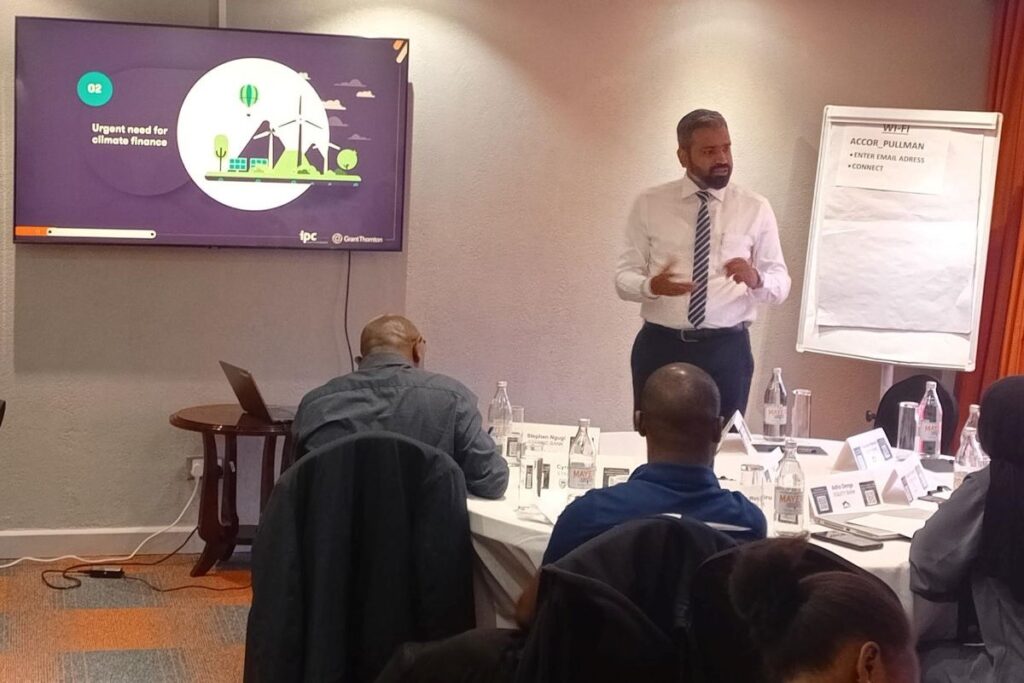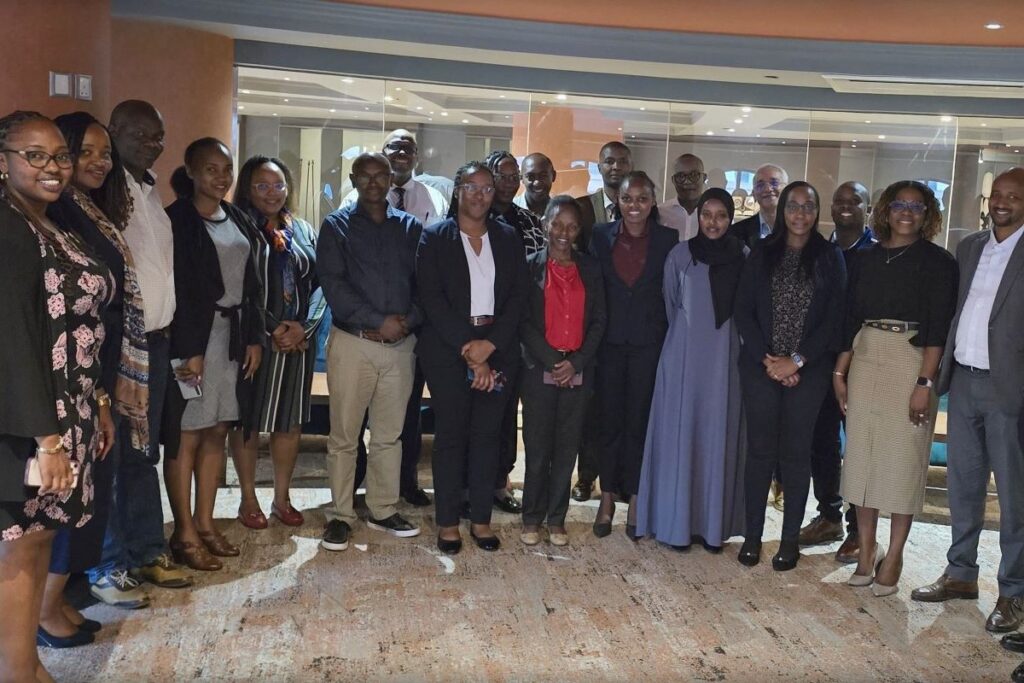Bringing Banks Into Clean Cooking: Unlocking Finance for a Greener Future
Lack of investment has long been a barrier to scaling up clean cooking solutions for the billions of people who need them. Carbon finance offers a game-changing opportunity, providing sustainable funding that lowers costs for consumers, incentivizes businesses, and accelerates market adoption. Yet, despite its potential, the clean cooking carbon market remains largely underutilized. That’s why the Clean Cooking Alliance (CCA) is actively engaging financial institutions with a crucial message: clean cooking carbon credits are not just an environmental solution — they are a business opportunity for banks to drive climate action, enhance their sustainability portfolios, and unlock new revenue streams.
How carbon finance expands access to clean cooking
Carbon finance enables clean cooking companies to collect revenue in two ways:
- Direct sales of clean cooking stoves and fuel to consumers.
- Income from the sale of carbon credits, earned by reducing greenhouse gas emissions through cleaner cooking technologies.
This dual-revenue model allows companies to cross-subsidize their operations, using the proceeds from carbon credits to make clean cooking technologies more affordable for low-income households. As costs decrease, adoption rates rise, creating a virtuous cycle where more households adopt cleaner technologies, further reducing emissions and attracting additional investment.
Investors are taking note. CCA’s latest Industry Snapshot shows that 96% of sector investments in 2022 went to companies issuing or preparing to issue carbon credits —highlighting the growing financial momentum behind clean cooking carbon markets.
Why banks matter
Banks and other financial institutions are as important for carbon finance as they are for any other sector. From managing risk to creating market liquidity and transparency, their involvement is essential to unlocking large-scale investment.
Momentum is already building. Standard Bank and Rand Merchant Bank are among those pioneering clean cooking carbon finance, signaling a shift toward greater financial sector engagement. However, to truly scale this market, more banks must get involved.
How CCA is supporting financial institutions
CCA is working to bridge the knowledge gap and equip banks with the tools they need to finance clean cooking carbon projects. A key part of this effort is capacity building workshops for financial institutions, run in collaboration with the African Guarantee Fund and the United Nations Capital Development Fund under its Financing Partnership Platform initiative.
In late 2024, CCA led two such training sessions in Nairobi, Kenya:
- A two-day training for the Cooperative Bank of Kenya, hosted with Intellecap Advisory Services.
- A one-day training for Equity Bank, Stanbic Bank, and Family Bank, hosted with Grant Thornton Advisory East Africa.
These workshops focused on:
- Building knowledge on carbon finance and clean cooking.
- Helping banks develop strategies for financing carbon projects.
- Identifying technical assistance needs to facilitate engagement.
- Creating tailored action plans for each institution.
Participants reported greater confidence in leveraging carbon finance, with many recognizing its alignment with their environmental, social, and governance (ESG) goals. Going forward, CCA plans to follow up with technical assistance and to organize similar trainings for other interested banks.
The way forward
CCA’s work with financial institutions is only just beginning. Moving forward, CCA will provide follow-up technical assistance to participating banks and expand training programs to engage more financial institutions across key markets.
The opportunity is clear: clean cooking carbon finance is a win-win for banks, businesses, and billions of people in need of modern cooking solutions. By deepening their involvement, financial institutions can not only drive climate and health benefits but also position themselves at the forefront of a rapidly growing carbon market.


